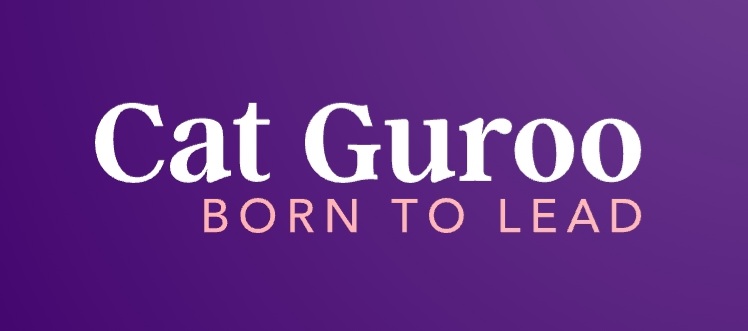What after College?
After completing college in India, there are several paths you can consider depending on your interests, career goals, and academic qualifications:
Higher Education: Many students opt for further studies to specialize in a particular field. This could involve pursuing a postgraduate degree (like M.Tech, MBA, M.Sc., etc.) either in India or abroad. Entrance exams like CAT, GATE, GRE, or GMAT may be required depending on your chosen course and institution.
Government Exams: If you’re interested in working for the government, you might prepare for exams conducted by organizations like UPSC (for civil services), SSC, or state public service commissions.
Private Sector Jobs: Many graduates look for job opportunities in the private sector. This could involve applying directly to companies through campus placements, job portals, or networking.
Entrepreneurship: If you have a business idea or entrepreneurial spirit, you might consider starting your own venture. Various government initiatives and startup incubators can provide support and guidance.
Skill Development: Enhancing your skills through short-term courses or certifications can make you more competitive in the job market. This could be in areas like programming languages, digital marketing, data analysis, etc.
Research and Academia: If you have a passion for research and teaching, you could pursue a career in academia. This often involves obtaining a Ph.D. and then working as a researcher or professor.
Internships and Training Programs: Internships can provide valuable practical experience and sometimes lead to full-time job offers. Many companies offer structured training programs for fresh graduates.
Volunteering and Social Work: Some graduates choose to engage in volunteer work or social initiatives to contribute to society while gaining experience.
Further Professional Courses: Depending on your field of study, you might need to pursue professional courses or certifications (like CA, CS, CFA, etc.) that are relevant to your career aspirations.
Skill Enhancement and MOOCs: Taking advantage of Massive Open Online Courses (MOOCs) can help you acquire new skills or deepen your knowledge in a specific area without committing to a full-time program.
It’s important to assess your interests, strengths, and career goals carefully before choosing a path. Networking, staying updated with industry trends, and seeking guidance from mentors or career counselors can also be beneficial in making informed decisions.
Some of Important Courses are MBA, MCA, IAS, GMAT etc.
Frequently Ask Question
Should I pursue higher studies immediately after college or gain work experience first?
- This depends on your career goals and field of study. Some professions may require higher qualifications for entry, while others value practical experience. Consider your long-term objectives and research industry norms before deciding.
How do I prepare for competitive exams like CAT, GATE, or UPSC after college?
- Start by understanding the exam pattern and syllabus. Plan a structured study schedule and consider joining coaching classes or using online resources. Practice previous years’ papers and mock tests to gauge your preparation.
What are the benefits of gaining work experience before further studies?
- Work experience can provide practical skills, industry knowledge, and financial stability. It may also help you clarify your career goals and choose a more suitable specialization for higher studies.
How can I enhance my resume for job applications after college?
- Participate in internships, volunteer work, or relevant projects during college. Highlight academic achievements, skills, and extracurricular activities. Tailor your resume for each job application to emphasize your suitability for the role.
Is entrepreneurship a viable option after college?
- Yes, entrepreneurship can be a rewarding path if you have a viable business idea and entrepreneurial skills. Research your market, create a business plan, and consider seeking mentorship or joining startup accelerators for support.
What are the key skills employers look for in college graduates?
- Employers often value communication skills, teamwork, problem-solving abilities, adaptability, and technical proficiency. Enhancing these skills through internships, projects, or courses can increase your employability.
How do I decide on a career path after college?
- Reflect on your interests, strengths, and values. Research different career options and talk to professionals in fields of interest. Consider taking career assessments or seeking guidance from mentors or career counselors.
Should I consider studying abroad after college?
- Studying abroad can provide exposure to different cultures, educational systems, and career opportunities. Evaluate factors such as cost, program reputation, and post-study work options before making a decision.
What role can networking play in my post-college career plans?
- Networking can help you discover job opportunities, gain insights into industries, and connect with professionals who can provide guidance or mentorship. Attend industry events, join professional associations, and leverage online platforms like LinkedIn.
How important is continuous learning and skill development after college?
- Continuous learning is crucial for staying competitive in today’s job market. Pursue certifications, attend workshops, or enroll in online courses to acquire new skills or stay updated with industry trends. Related Links

